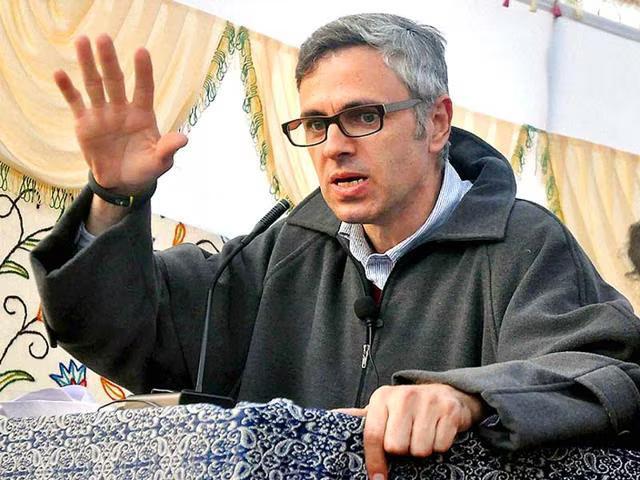
US Doesn’t Care About Any Other Country: J&K CM Omar After Trump-Pak Army Chief Lunch
The recent development in the geopolitical arena has sparked a heated debate, with many around the world questioning the intentions behind US President Donald Trump’s decision to host Pakistan army chief General Asim Munir for lunch. The move has been seen as a significant diplomatic gesture by many, considering the tumultuous relationship between the US and Pakistan in the past. However, the Chief Minister of Jammu and Kashmir, Omar Abdullah, has expressed a rather stark and blunt opinion on the matter.
In a candid interview, Omar Abdullah stated that the US President’s decision to invite General Munir for lunch is a clear indication of the country’s self-serving nature. He emphasized that the US does not care about any other country’s interests or relationships, and its actions are guided solely by what benefits them.
“We can’t dictate to the US President whom he should invite for dinner,” Omar Abdullah said. “We used to think the US President was our close friend, and he’d respect that, but the US does what benefits them, they don’t care about any other country.”
Abdullah’s statement comes as no surprise, considering the complex and often tumultuous relationship between the US and Pakistan. The two nations have had their share of disagreements, particularly in recent years, over issues such as terrorism, border skirmishes, and trade.
The US has been critical of Pakistan’s alleged support for terrorist organizations, and has even suspended military aid to the country on several occasions. Pakistan, on the other hand, has accused the US of violating its sovereignty and not doing enough to address the issue of terrorism in the region.
The invitation to General Munir for lunch has been seen as a significant gesture by many, considering the tensions between the two nations. Some have interpreted it as a sign of improved relations between the US and Pakistan, while others see it as a tactical move aimed at gaining leverage over the country.
However, Omar Abdullah’s statement suggests that the true intentions behind the invitation may be more self-serving than many realize. He emphasized that the US President’s actions are guided by what benefits them, rather than any genuine concern for the well-being of other nations.
This sentiment is echoed by many around the world, who have long criticized the US for its perceived lack of international empathy and its tendency to prioritize its own interests above those of other nations.
The US has a history of intervening in the affairs of other countries, often with devastating consequences. From Vietnam to Iraq, from Libya to Syria, the US has time and again demonstrated its willingness to use military force to achieve its goals, often without regard for the consequences.
Abdullah’s statement serves as a stark reminder of the need for nations to prioritize international cooperation and diplomacy over self-serving interests. In a world where the consequences of global actions can have far-reaching and devastating effects, it is essential that nations put aside their differences and work together to address the complex challenges facing the world.
In conclusion, Omar Abdullah’s statement serves as a powerful reminder of the complexities of international diplomacy and the need for nations to prioritize cooperation over self-interest. The invitation to General Munir for lunch may have been a significant gesture, but it also serves as a stark reminder of the US’s self-serving nature and its tendency to prioritize its own interests above those of other nations.






